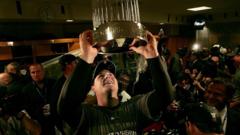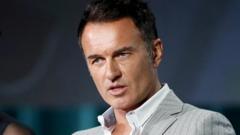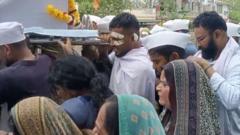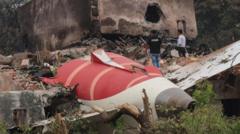I discovered the fate of Jehuda Lindenblatt while on a work trip to London last November. A dream had led me to contact his daughter, Ilana, one of my closest friends, inquiring about her possible engagement. Instead, she revealed her father's impending death due to cancer, prompting a flood of memories regarding his remarkable life. Jehuda, often called Mr. Lindenblatt, was a trailblazer in many aspects—running before it became a fad, and pioneering alternative milk long before it gained popularity. He effortlessly juggled the roles of a supportive father and devoted community member, showcasing his vibrant spirit through small acts of love.
Reflecting on my childhood in Brooklyn, it was clear that many families bore the weight of Holocaust survival, including my very own. Conversations surrounding past horrors were woven into the fabric of our everyday lives, taught throughout our education at Yeshiva high school. This deep dive into Holocaust narratives came at the expense of broader subjects, which I sometimes jest about when remembering my schooling. While I often wonder whether I had a subpar education, the reality remains that my grounding in Holocaust history outshines many other areas of study.
More than mere statistics, my classmates and I were educated deeply in human stories of resilience and tragedy. I left high school with a comprehensive understanding of seminal works like Elie Wiesel's "Night," while lacking the broader context of American history. Looking back, this intense focus on our heritage shaped my worldview in profound ways.
As I grappled with my memories of Mr. Lindenblatt and the collective history of our community, I began to understand the immense weight of such narratives. These stories are not mere relics—they are the threads that connect generations. Now facing the reality of his mortality, I find myself wishing to capture and honor his story amid the cacophony of memories, ensuring that the spirit of survival resonates even after he is gone.




















